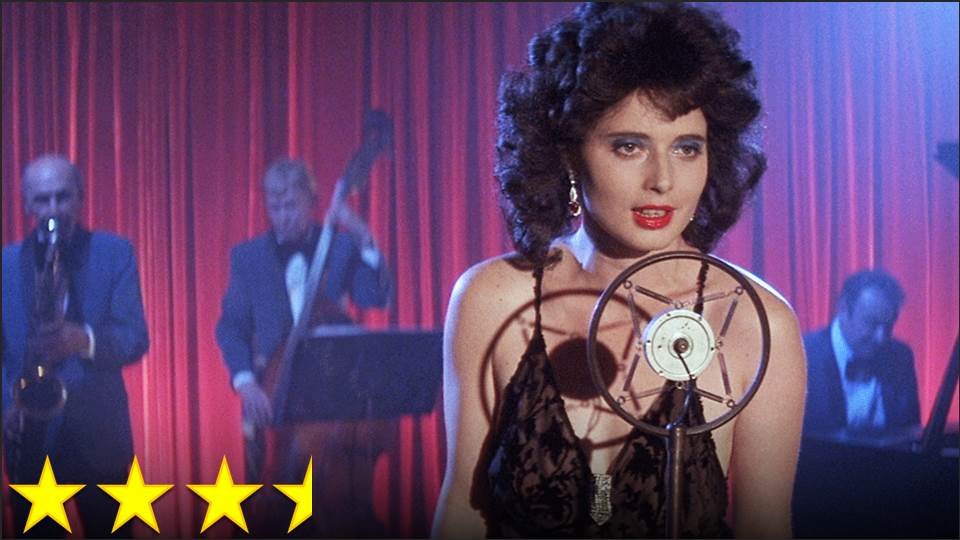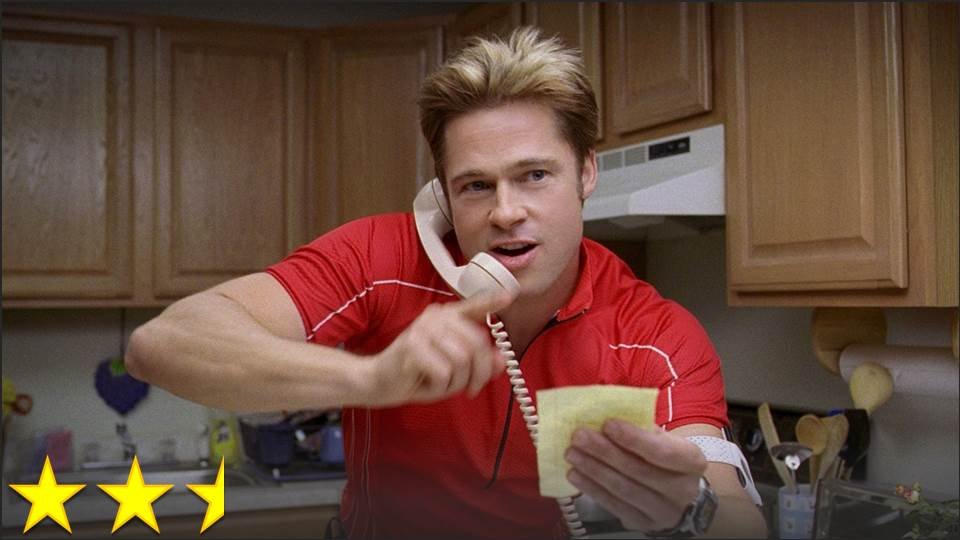It’s a little bit surprising to me that this was so popular. It’s one of the strangest films I’ve ever seen, and I’ve seen freaking Daisies. What’s strange is that it doesn’t go all the way into the unfathomable and surreal – this is not Un Chien Andalou. Parts of it feel like a slightly warped version of a Hollywood teen film, and parts of it feel like an artsy French film, but all of it feels like Lynch’s brand of the uncanny. The film exists to make the spectator uncomfortable, and yet it stays grounded in something that is comfortable – a nostalgic representation of a small town that reminds me of home . . . until he turns that into something mildly unsettling as well. The use of the fireman waving from his truck as it passes by turns from charming to creepy with virtually no change, and that’s the brand of the uncanny that Lynch does perfectly, making for a thriller experience. At the same time, he mixes this with scenes that are more blatantly disturbing, yet kind of comedic, while ultimately ruining “In Dreams” for me.
A good example of this special style of his appears around nine minutes into his semi-concert movie Duran Duran: Unstaged, at which point a tunnel appears that leaves the viewer thinking, Is that even real?, before it clicks that it’s just a normal tunnel that everyone has driven through a million times. He can make anything seem like something from another planet, but that’s not all there is to his style. He also can present excellent visuals with beautiful extreme colors and throw in some neat visual effects. He can make the viewer care about a character even if he/she seems really odd. He uses good songs for his soundtracks and finds interesting uses for them. He can play with psychological anxieties and Freudian symbols, thus arousing fascinating interpretation of his work. So I suppose I can see why it was so popular now that I think about it – it’s the ideal Lynch film, never allowing the viewer to be at ease or anything but confused, and yet it tells a believable, concrete, and easy-to-follow story in a way that makes the story much more interesting than it would be in the hands of any other director. On the other hand, I hope to high heavens I never see that lipstick-covered face of Dennis Hopper again.
Yuck.



